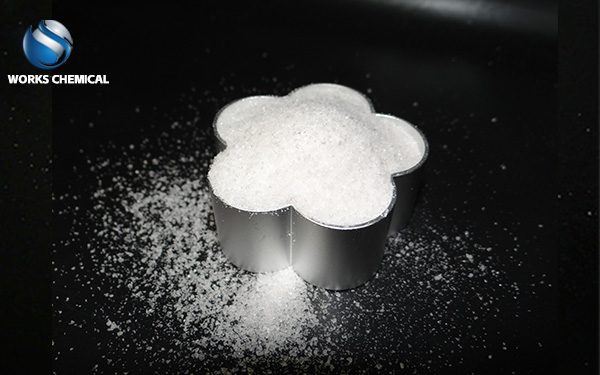
The common sludge dewatering agents on the market mainly include sludge conditioner, flocculant, coagulant aid and sludge dehydrating agent, etc., which have obvious differences in composition, function and application. Here is a detailed comparison of these agents:

One. Sludge conditioner
Main ingredients: sludge conditioners usually contain some chemicals that can regulate the properties of sludge, such as pH regulators, surfactants, demulsifiers, etc.
Main function: adjust the moisture content, pH value, viscosity and other properties of the sludge, so that it is more suitable for subsequent dehydration treatment. The dewatering property of sludge can be improved by changing the physical and chemical properties of sludge.
Application: Sludge conditioner is widely used in municipal sewage treatment plants and industrial wastewater treatment facilities as an important pretreatment step before sludge dewatering.
Two, flocculant
Main ingredients: Flocculants are mostly high polymer, such as polyacrylamide (PAM), polyaluminum chloride (PAC) and so on.
Main function: Through adsorption, bridging, cross-linking and other functions, the suspended particles and colloids in the sludge are gathered into larger floc, so as to improve the sedimentation rate and dehydration efficiency of the sludge.
Application: Flocculants are often used in the process of primary sedimentation tank and secondary sedimentation tank of sludge treatment, as well as in the coagulation and sedimentation process of industrial wastewater treatment.
Three, coagulant aid
Main ingredients: coagulant can be inorganic salt, organic polymer or a mixture of both.
Main role: auxiliary flocculants play a role, strengthen the coagulation effect. By changing the surface properties of the sludge particles, the accumulation and settlement of the sludge particles are promoted.
Application: Coagulants are usually used in combination with flocculants to play a synergistic role in sludge treatment and industrial wastewater treatment.
Four, sludge dehydrating agent
Main ingredients: sludge dewatering agent is also a polymer, but usually has a stronger dehydration performance. Common sludge dewatering agents include cationic polyacrylamide, polyaluminum ferric chloride and so on.
Main function: reduce the moisture content of the sludge, dehydrate the sludge quickly and form mud cake. The dewatering efficiency of sludge can be improved by destroying the colloidal structure in sludge and releasing the bound water.
Application: sludge dewatering agent is widely used in the dewatering treatment of municipal sludge and industrial sludge, especially in sludge dewatering equipment such as filter press and centrifuge.
Summary of differences
Composition: The composition of sludge conditioner is diverse, including pH regulator, surfactant, etc. The flocculant is mainly polymer. The coagulant can be inorganic salt or organic polymer; Sludge dewatering agent is a polymer with stronger dewatering performance.
Function: sludge conditioner mainly regulates sludge properties; Flocculant promotes sludge particle aggregation; Coagulant assists flocculant to play a role; Sludge dewatering agent reduces sludge moisture content and forms mud cake.
Application: sludge conditioner is used for pretreatment of sludge before dewatering; Flocculants are used in the coagulation and sedimentation process of sludge treatment and industrial wastewater treatment. Coagulant and flocculant used together; Sludge dewatering agent is used in the treatment process of sludge dewatering equipment.
In summary, there are obvious differences in the composition, function and application of common sludge dewatering agents on the market, and it is important to choose the right agent to improve the efficiency and treatment effect of sludge dewatering.